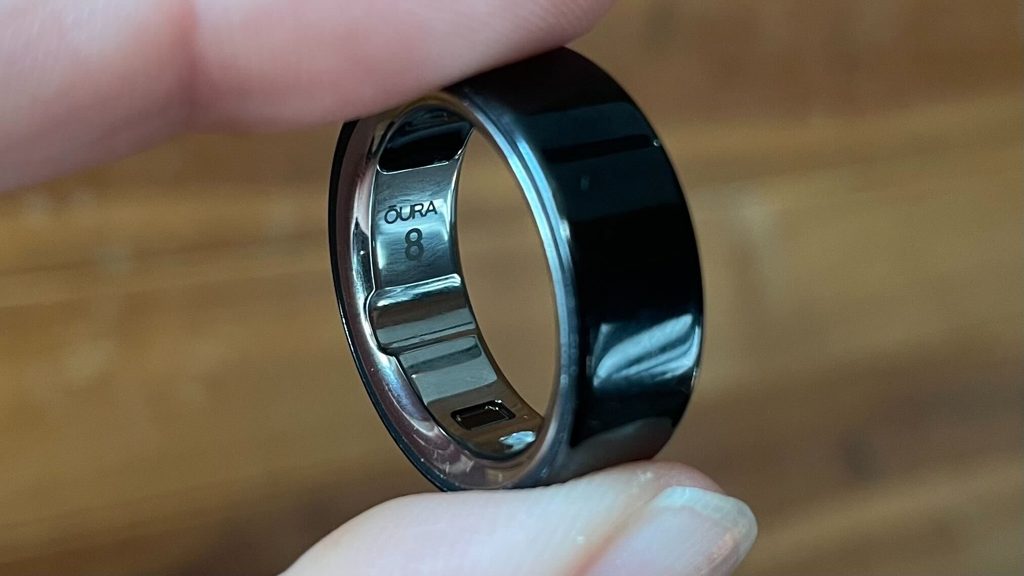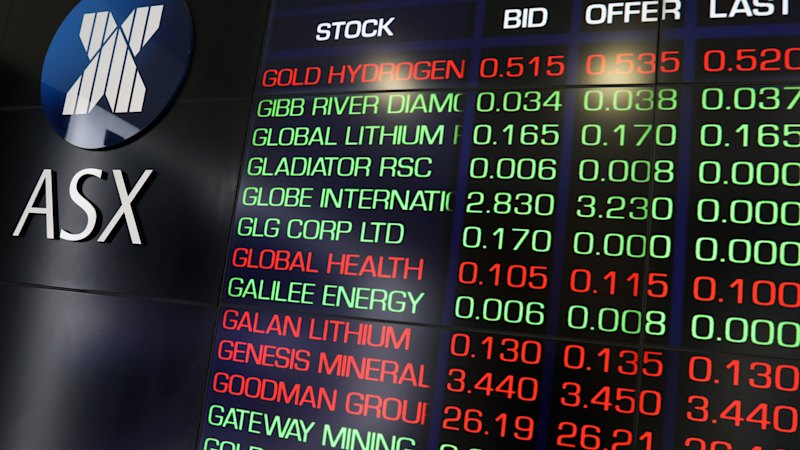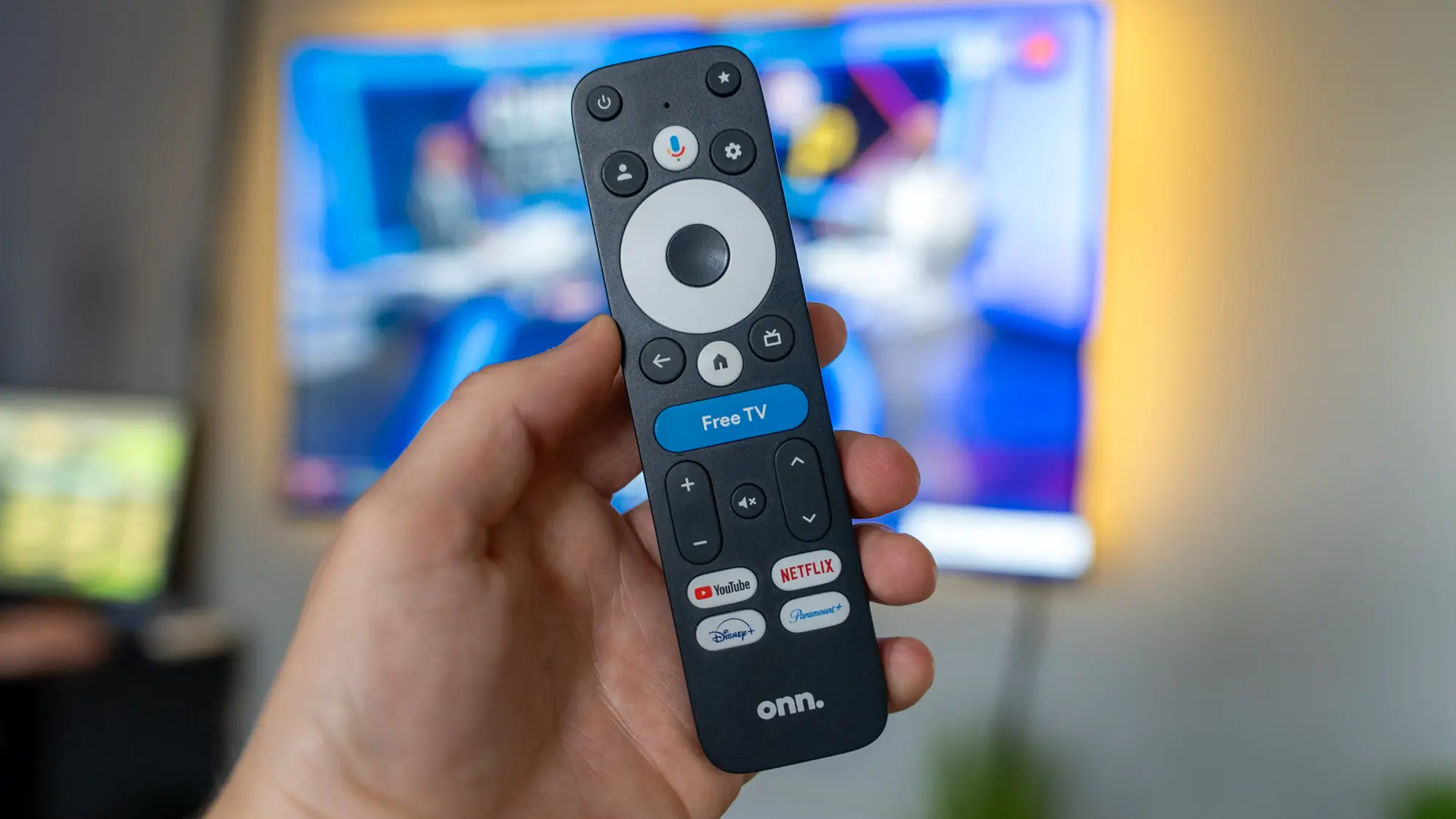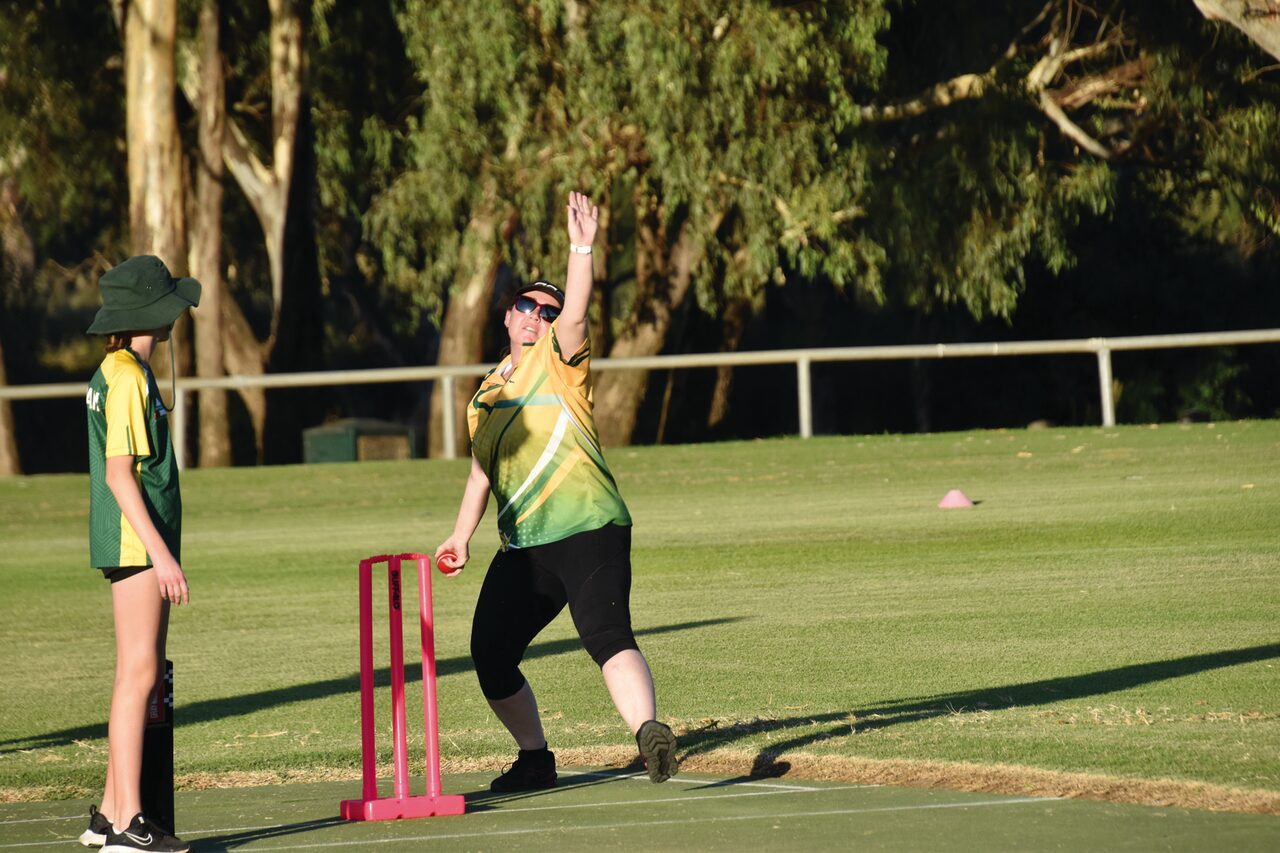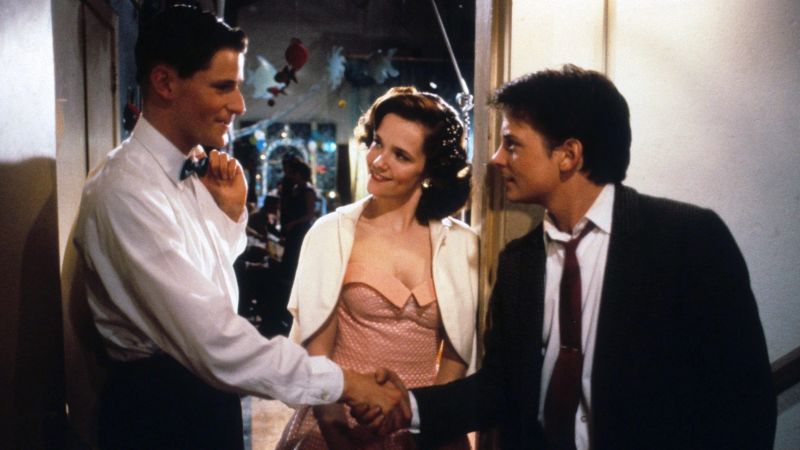
It has been nearly four decades since audiences first witnessed Marty McFly’s time-traveling adventures in a souped-up DeLorean. Lea Thompson, who played Lorraine, Marty’s mother in the iconic film “Back to the Future,” recently shared her reflections on the movie’s enduring legacy. In an interview with People, Thompson expressed her admiration for the original film’s screenplay, calling it “a perfect screenplay” and highlighting her appreciation from a director’s perspective.
Thompson, now 64, explained her preference for the first installment over its sequels. “For me, it’s ‘Back to the Future: 1’ because it’s just a perfect screenplay. And as a director, I can appreciate the conciseness of it,” she stated. She further elaborated on the differences in the construction of the sequels, noting, “The truth is that ‘Back to the Future: 2’ and 3 were supposed to be kind of like one movie, and then they spread it out into two. So, it wasn’t constructed in the same way as ‘Back to the Future’ was.”
The Legacy of a Timeless Classic
Directed by Robert Zemeckis and written by Zemeckis and Bob Gale, “Back to the Future” debuted in theaters on July 3, 1985. The film’s executive producer was none other than Steven Spielberg, a testament to the high-caliber team behind its creation. Despite its initial release decades ago, the film continues to captivate audiences, a phenomenon Thompson finds particularly gratifying.
“It’s really a joy when we look out in the audience during one of those talkbacks and see that half the people weren’t even born when the movie came out,” Thompson remarked. “I mean, that’s exceptionally cool.”
A Film That Transcends Generations
The timeless appeal of “Back to the Future” lies not only in its engaging narrative and groundbreaking special effects but also in its ability to connect with audiences across different generations. The film’s themes of adventure, family, and the complexities of time travel resonate as strongly today as they did upon its release.
Thompson’s comments underscore the film’s unexpected journey from a standalone project to a beloved franchise. “When we made ‘Back to the Future,’ we didn’t even think we were going to make a sequel,” she revealed. “There was no sequel deal. There was no concept of that. I mean, that’s how long ago it was.”
Expert Opinions and Cultural Impact
Film historians and critics often cite “Back to the Future” as a quintessential example of 1980s cinema, blending humor, science fiction, and a touch of nostalgia. The film’s influence extends beyond the screen, inspiring a multitude of pop culture references, merchandise, and even a dedicated fan base that spans the globe.
“‘Back to the Future’ is a film that perfectly encapsulates the spirit of its time while remaining relevant to new audiences,” noted film critic James Monroe. “Its screenplay is a masterclass in storytelling, balancing complex themes with accessible humor and heart.”
The movie’s success prompted the creation of two sequels, further expanding the universe and deepening the lore of Hill Valley and its inhabitants. However, as Thompson pointed out, the original film’s tightly woven narrative remains unmatched in its execution.
The Future of ‘Back to the Future’
As “Back to the Future” continues to celebrate milestones, its legacy is assured. The film’s ability to engage new viewers while retaining its original charm is a testament to its creators’ vision and the performances that brought it to life.
Looking ahead, the franchise’s cultural impact shows no signs of waning. With ongoing discussions about potential reboots or continuations, fans remain eager to see how the story of Marty McFly and Doc Brown might evolve in the years to come.
In the meantime, Lea Thompson’s reflections serve as a reminder of the film’s unique place in cinematic history—a perfect screenplay that continues to inspire and entertain audiences worldwide.
